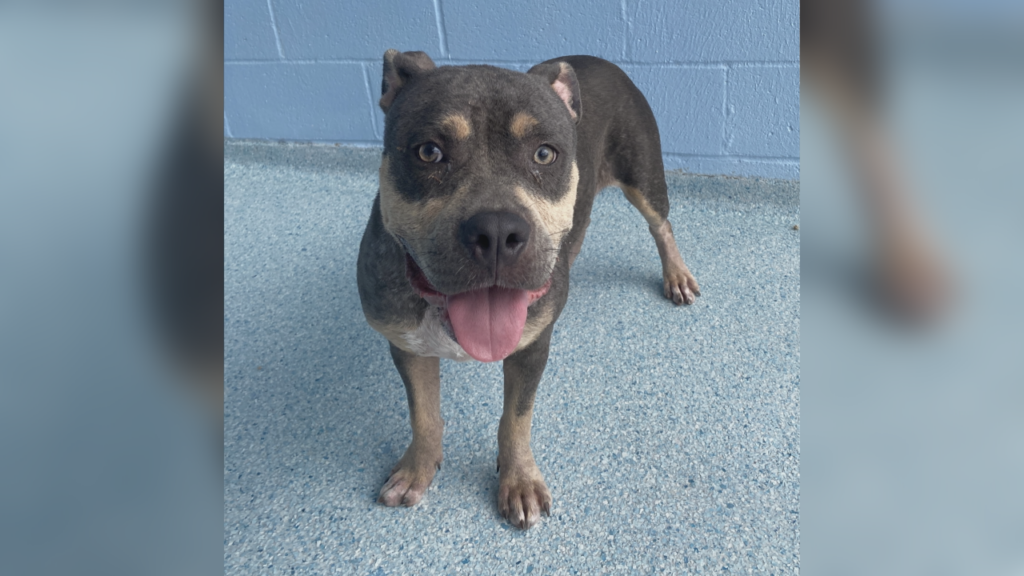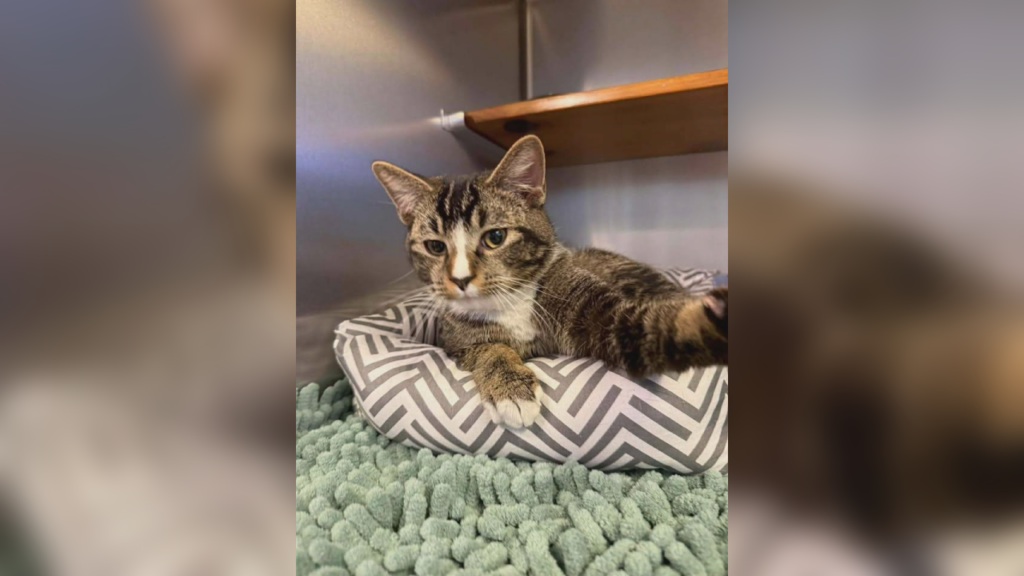$500K research project targets opioid prescriptions after surgery
WILMINGTON, NC (WWAY) — A new research study in southeastern North Carolina aims to change how doctors prescribe opioids after surgery.
Doctors at Novant Health New Hanover Regional Medical Center are leading the project with support from the UNC School of Medicine. A $500,000 grant funds the research.
The team will focus on general surgeries, where opioid prescriptions can vary. Researchers will study how many pills patients use. They will also track prescribing habits and suggest ways to safely reduce the number of pills given.
“Surgeons have really taken a closer look at how many pills we should prescribe,” said Dr. William Hope. He leads general surgery at Novant Health New Hanover Regional Medical Center.
Doctors will also work with patients before surgery. They plan to educate patients about pain, recovery, and options for disposing of leftover medication.
“Wilmington in particular but southeastern North Carolina—when the opioid epidemic [was] coming into more focus—we were one of the biggest hot spots in the country for opioid epidemic and abuse,” Hope said.
He said many surgeons are still cautious about cutting back on medication.
“I think there is still some hesitancy of surgeons because they are very [scared] about not giving enough pain medication. We don’t want our patients in pain,” he said.
As part of the study, the team will share findings with other providers across the region. They will compare practices and offer recommendations.
“Research that we are going to be doing will really focus on educating other surgeons, looking at the practices across southeastern North Carolina to make sure that we are all kind of doing the best practices that are recommended,” Hope said.
Mark King, vice president of research and innovation at Novant Health, said this study also builds a base for future research.
“The grants were called capacity-building grants. That means they are going to leave behind a legacy—a foundation if you will—on which we can build additional studies,” King said.
He said local research helps teams better understand patient needs.
“The beauty of this is conducting research locally with our patients. We know the patients’ needs here in the community and we are focused on helping them heal and live better and healthier lives,” he said.
This opioid project is one of two local studies receiving new grant funding. The second project uses artificial intelligence to improve access to prenatal ultrasounds in rural areas.




